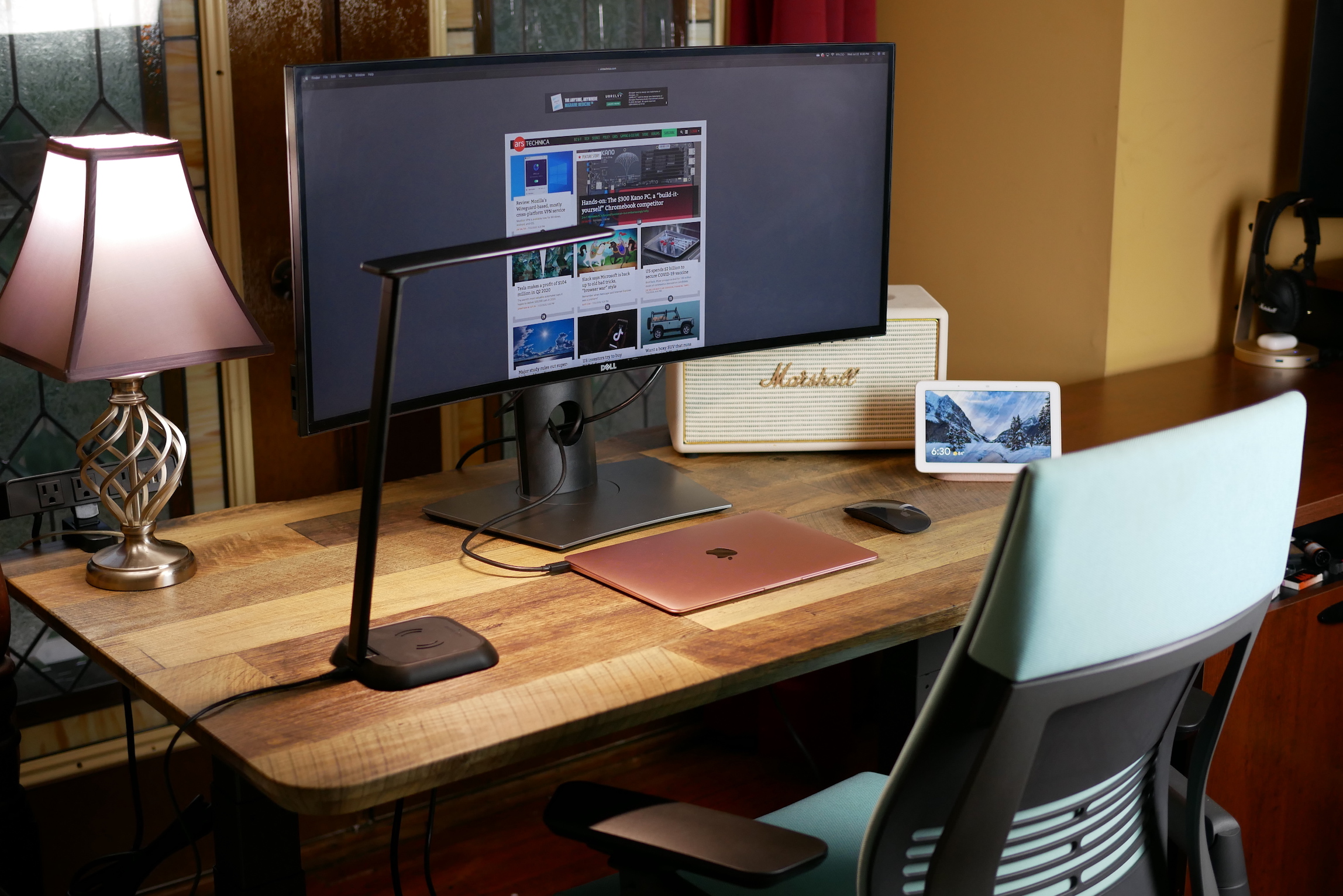Can working from home lead to depression?
Table of Content
In fact, remote working mothers experience depression and loneliness more acutely than telecommuting fathers. Medical News Today has strict sourcing guidelines and draws only from peer-reviewed studies, academic research institutions, and medical journals and associations. We link primary sources — including studies, scientific references, and statistics — within each article and also list them in the resources section at the bottom of our articles. You can learn more about how we ensure our content is accurate and current by reading our editorial policy. Anxious people tend to feel more anxious when their environment is chaotic.

When home and work coexist in a single physical environment it is not uncommon to see symptoms of depression. A major loss of control for many, especially during the COVID-19 pandemic, was the threat of job loss. It is clear that uncertainty in positions, especially at a distance, can greatly contribute to stress, anxiety, and depression. The same study from Cyprus showed 48% of respondents experiencing mild depressive symptoms. And 9.2% experiencing moderate or severe depressive symptoms. Working from home can cause depression or at the very least exacerbate existing depressive states.
What are the signs of work depression?
Home offices make it easier to mimic the process of walking into an area where you have to leave personal matters behind and focus on work tasks. It’s also convenient when you need to join a call or team meeting without interruptions. Companies can establish employee wellness strategies, so morale and productivity remain steady during remote work. Individual employees can also implement a handful of mental health tips to help maintain wellbeing while working from home. Although remote employees often have more freedom to organize their workdays as they please, working from home has also brought about new mental health challenges.

It can affect your sleep quality, your ability to focus, and, yes, your overall health and sense of happiness. It can be easy to lose track of time when you aren’t in an office. Creating a schedule for the day not only helps you get your tasks done, but it also pencils in opportunities to take breaks to maintain your mental health. We are all longing for the day we will be able to enjoy the face-to-face interactions we have forgone over the past year. In a society that already had a frayed social fabric, the isolation imposed by the pandemic is the last thing we needed, and continued social isolation via remote work risks making things worse. Only half of respondents of one survey of workers with flexible work options felt they had the emotional support they needed to manage stress during work.
How we reviewed this article:
Part of getting ready for a quarantine is making sure you've prepped yourself for any mental health pitfalls. You may be physically lonely right now, but you’re never truly alone. Call your friends, go for walks, and find ways to inject joy into your daily routine.

Remote workers have extra time to complete chores, exercise and enjoy personal hobbies. Organizing everything in your work from home life is what will make you feel productive and in control. Make your productivity app home screen on your phone and use some kind of task management software to make sure your digital life is as organized and regimented as possible. Sometimes tactile, old-school tech is the best to stay grounded in times of stress. A doctor or mental health professional will typically treat depression with a combination of psychotherapy and medication. Research suggests that there may be a connection between WFH and depression.
Meditation apps
This was especially true for employees who were female and had less experience in remote working. This extra source of stress for many has been a reason to hate working from home and a significant source of anxiety in the workplace. A study of researchers themselves showed a major imbalance between work and private life among participants. Depression is a serious mental health condition that can have a significant effect on the quality of life. A person should contact a doctor or mental health professional if they have been experiencing symptoms of depression regularly for at least 2 weeks. Follow these tips and you’ll protect your mental health from the loneliness, anxiety, and depression many remote workers have a hard time dealing with.
“We met again during Season 7, but didn’t say a word to each other the whole season. So that’s why I had no idea, because she wouldn’t talk to me and I thought she wasn’t interested. She did catch me checking her out in the hallway once,” tWitch said. Holker, however, denied that she didn’t make a move on tWitch. “I didn’t just make one move—I made, like, 10 moves and he wasn’t seeing them, so I had to put myself out there even more. From the first week of So You Think You Can Dance as all-stars, I thought he was the cutest guy ever.
Know your limitations, set boundaries based on your schedule and workload, and don’t extend yourself beyond them. The boundary between work and home life blurs for people who work in the same place they sleep. You may feel pressure to be on when you should be off. So before you hit rock bottom, learn how to spot the signs of declining mental health so you can address your next steps. It can turn normally optimistic, productive worker bees into tired, unmotivated, irritable toads. With that in mind, managers, supervisors, and employees can be trained to initiate such conversations with people who need help and support them in their search for timely care.

Many people worry about their job security or financial situations, whether they work remotely or not. It’s crucial then not to conflate these variables with the potential consequences of working from home. Is there a link between working from home and depression? Find out how remote work can affect mental health and what you can do about it. Don’t feel bad about taking a day or two off from time to time if your office allows it. Spend those days outside and away from devices, news, and anything else negative.
Place a water bottle on your desk and drink it until it needs to be refilled. You’ll be surprised how much this will help with some of the more mild symptoms of anxiety and depression. One of the first things to go when people first start working from home is their sleep schedule.
Keep in mind that there’s little or no information directly linking remote work to the development of depression. The treatments for depression range from types of therapy to medication. The National Alliance on Mental Illness in the United States offers free, accurate, and up-to-date information on mental healthcare. Even if you can only afford to meditate for a few minutes, consider the potential benefits when you’re working from home.
Furthermore, home stress can often more easily spill over into work life in a work from home scenario, leading to feelings of anxiety. Social interactions are considered by many psychology professionals as one of the most important factors in the staving of depressive episodes. In-person communication is obviously lost in a work from home situation, resulting in fewer opportunities for real social interaction. Furthermore, research has shown that motivation and productivity are actually negatively affected by a lack of genuine social interaction. Meaningful social connections seem to be a critical factor in both workplace success and mental health and may even affect the body’s oxytocin pathways. During the COVID-19 pandemic and lockdown, studies showed an uptick in perceived levels of stress among workers who were working from home.

Comments
Post a Comment